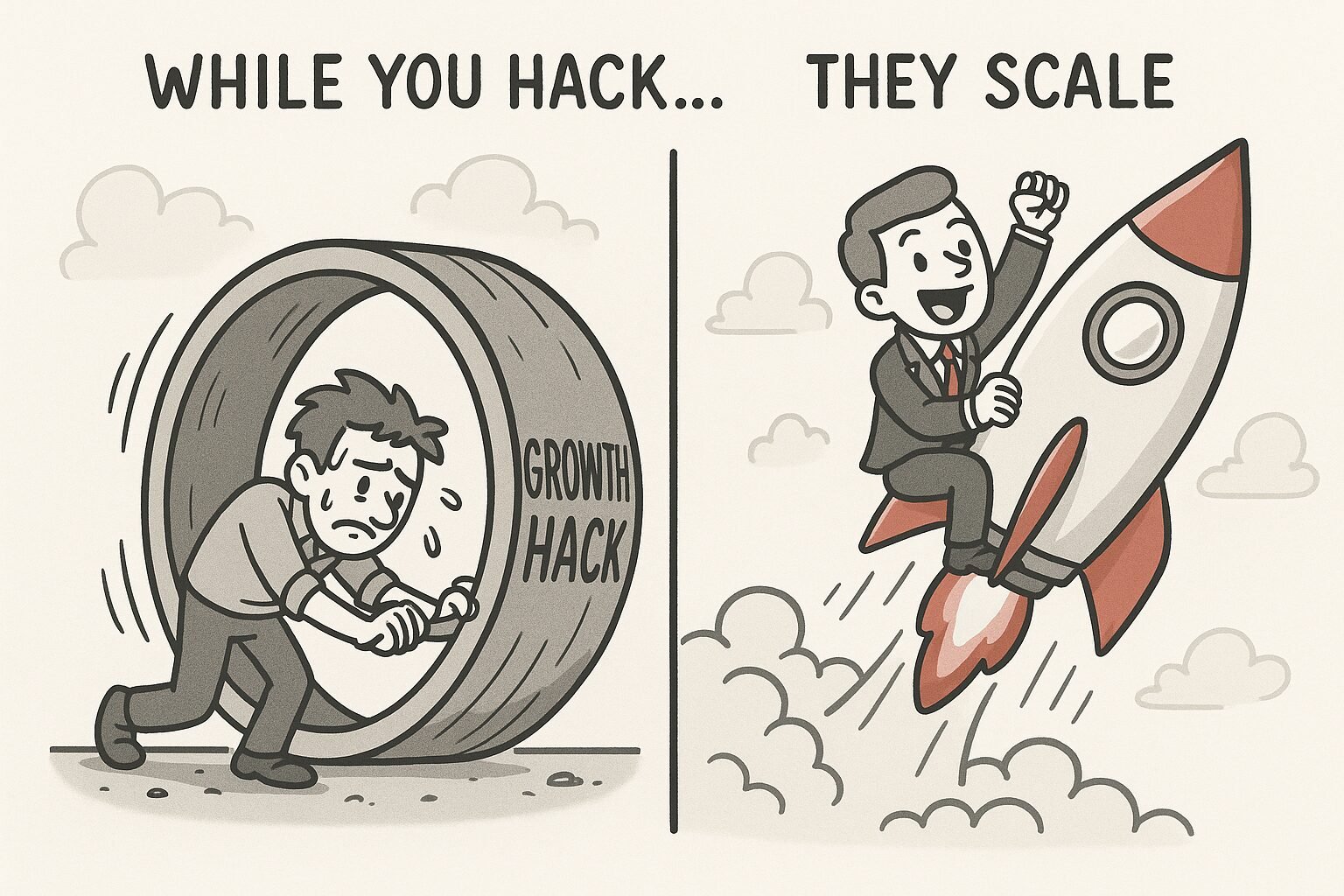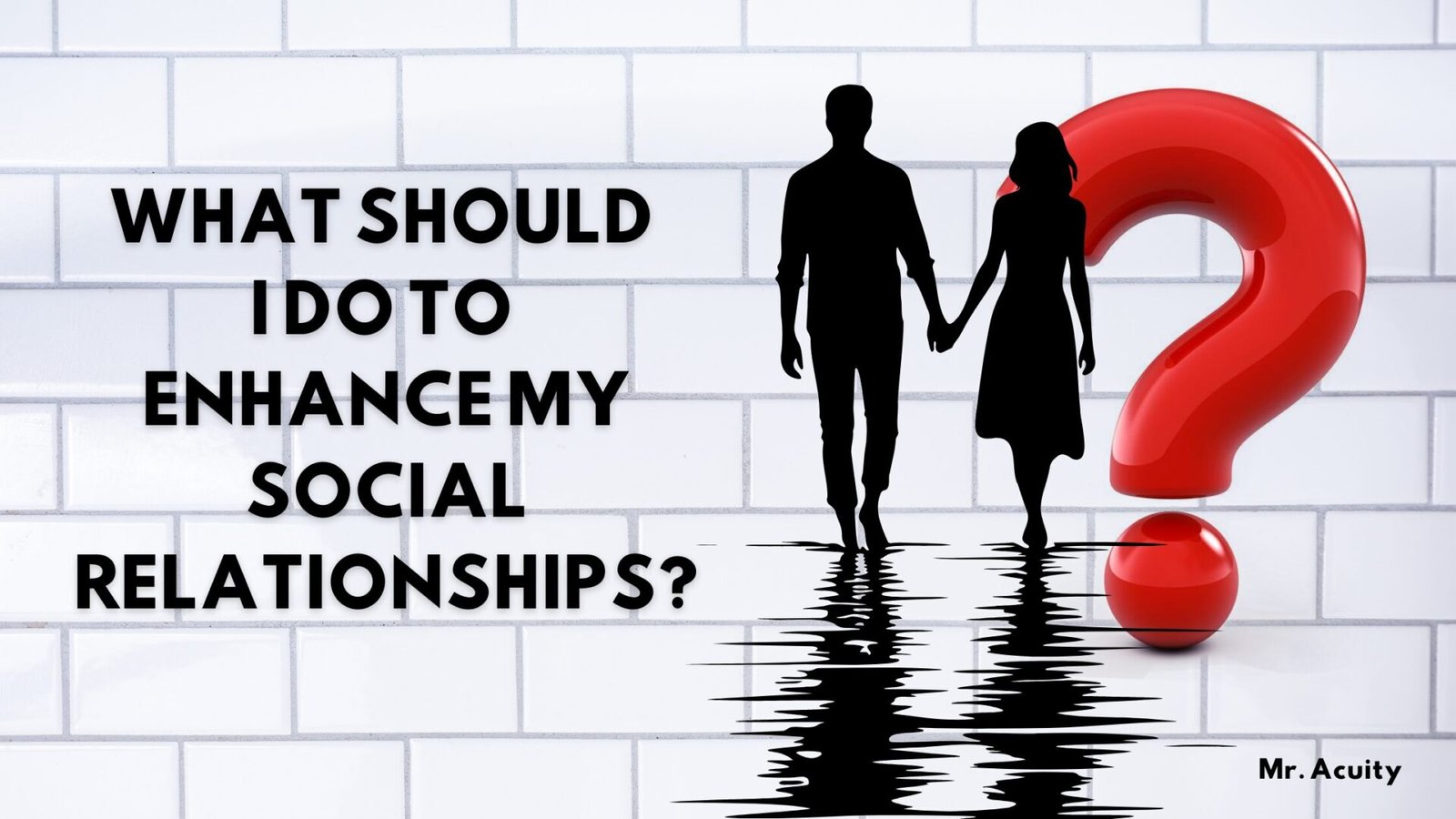Why My Ex Wants to be Friends with Me? Introduction to the Complexity of Post-Breakup Relationships Post-breakup relationships often exist in a complex emotional landscape that challenges both individuals involved. When a romantic relationship ends, particularly if it has been significant, the emotional ramifications can be profound. An ex-partner expressing a desire to maintain a friendship raises several questions about the motives behind this request, and what it means for both parties moving forward. The dynamics of such connections require thoughtful consideration and a nuanced understanding of the feelings at play. One common scenario involves an ex who is not entirely ready to let go of the emotional bonds established during the relationship. This could stem from lingering affection or attachment, making the transition to an amicable friendship feel more comfortable than severing ties completely. Additionally, feelings of loneliness or a fear of losing a supportive companion may drive an ex to seek to remain friends. It is essential to recognize that while one person may wish to retain a level of closeness, the other may feel differently, leading to potential complexities. Another factor influencing the desire for friendship post-breakup is the potential for unresolved feelings. It is not uncommon for individuals to grapple with mixed emotions after a breakup. They may oscillate between relief and regret, often complicating their motivations for wanting to maintain contact. This duality can impact future interactions and may hinder the healing process if not navigated carefully. Ultimately, the motives behind an ex wanting to be friends can vary significantly. Understanding these motives is crucial for both parties as they consider the implications of entering a friendship after a romantic relationship. This initial exploration of the multifaceted nature of post-breakup friendships provides a foundation for discussing specific motivations and outcomes in subsequent sections. The Emotional Landscape After a Breakup Experiencing a breakup often invokes a complex emotional landscape, where feelings of grief, confusion, and longing intertwine. During the initial phase, an individual might undergo profound grief, reminiscent of losing a loved one. This emotional response is indicative of the deep attachment formed during the relationship and signifies the significance of that connection in one’s life. Individuals may find themselves grappling with confusion as they try to make sense of their emotions. This confusion can lead to a desire to maintain contact, even in a platonic context. There is often a longing for companionship, a natural inclination to seek solace in someone who once played a pivotal role in one’s emotional life. Thus, the notion of friendship can arise as a potential avenue for preserving a bond that once seemed irreplaceable. The urge to remain friends stems partly from the need for familiarity and comfort in a time of turmoil. It can be overwhelming to lose not only a partner but also a confidant and companion. Such a loss can lead to feelings of isolation, amplifying the desire to reconnect in some capacity. Maintaining a friendship might appear as a way to sustain the positive aspects of the relationship while alleviating the pain associated with its end. However, navigating the emotional repercussions of a breakup while attempting to establish a friendship is fraught with challenges. There may be unresolved feelings lingering beneath the surface, which could complicate interactions and future relationships. It is crucial for individuals to assess their emotions and motivations carefully, ensuring that the desire for friendship is based on mutual respect and understanding rather than a mere fear of being alone. Common Reasons Why an Ex Might Want to Be Friends When contemplating why an ex may wish to maintain a friendship, it is crucial to examine the various motivations that drive this sentiment. One prevalent reason is the existence of unresolved feelings. After a romantic relationship ends, individuals often struggle to fully process their emotions. This situation can lead to a lingering attachment, prompting one partner to seek friendship as a way to maintain a connection while attempting to heal. Another common reason is the desire for emotional support. Often, partners become accustomed to sharing their lives with one another, forming a deep bond that extends beyond romance. Following a breakup, the breakup process can leave individuals feeling isolated and alone. As a result, they may turn to their ex for companionship and support, hoping to fill the void left by the end of the romantic relationship. A further motivation could be the hope of rekindling the romantic relationship. Some individuals might believe that by establishing a friendship, they can gradually reignite the feelings that existed before the relationship ended. They may think that maintaining a supportive friendship creates an opportunity for love to blossom anew, demonstrating that they are still invested emotionally, albeit in a different capacity. Lastly, some may feel guilty about the breakup itself and believe that remaining friends is a way to alleviate that guilt. They might fear that cutting all ties could cause further hurt. This desire to preserve a cordial relationship can lead to a complex dynamic where the emotional boundaries begin to blur. In summary, various factors may drive an ex’s desire to maintain a friendship, including unresolved feelings, the need for emotional support, the hope of rekindling romance, and feelings of guilt. Understanding these motives can help individuals navigate their choices regarding post-relationship interactions. The Benefits of Staying Friends With an Ex Maintaining a friendship with an ex-partner can have various benefits that extend beyond mere nostalgic feelings. Firstly, an enduring relationship can provide essential emotional support during transitional phases of life. Navigating through the aftermath of a breakup can be challenging, and having a friend who understands your past relationship can serve as a valuable source of comfort and advice. This connection can enhance personal well-being, allowing individuals to process their emotions in a healthier manner. In many cases, ex-partners can offer insights into each other’s character and experiences, promoting mutual growth. Another compelling reason to consider staying friends with an ex is the overlap in social circles. Often, couples share friends,…















